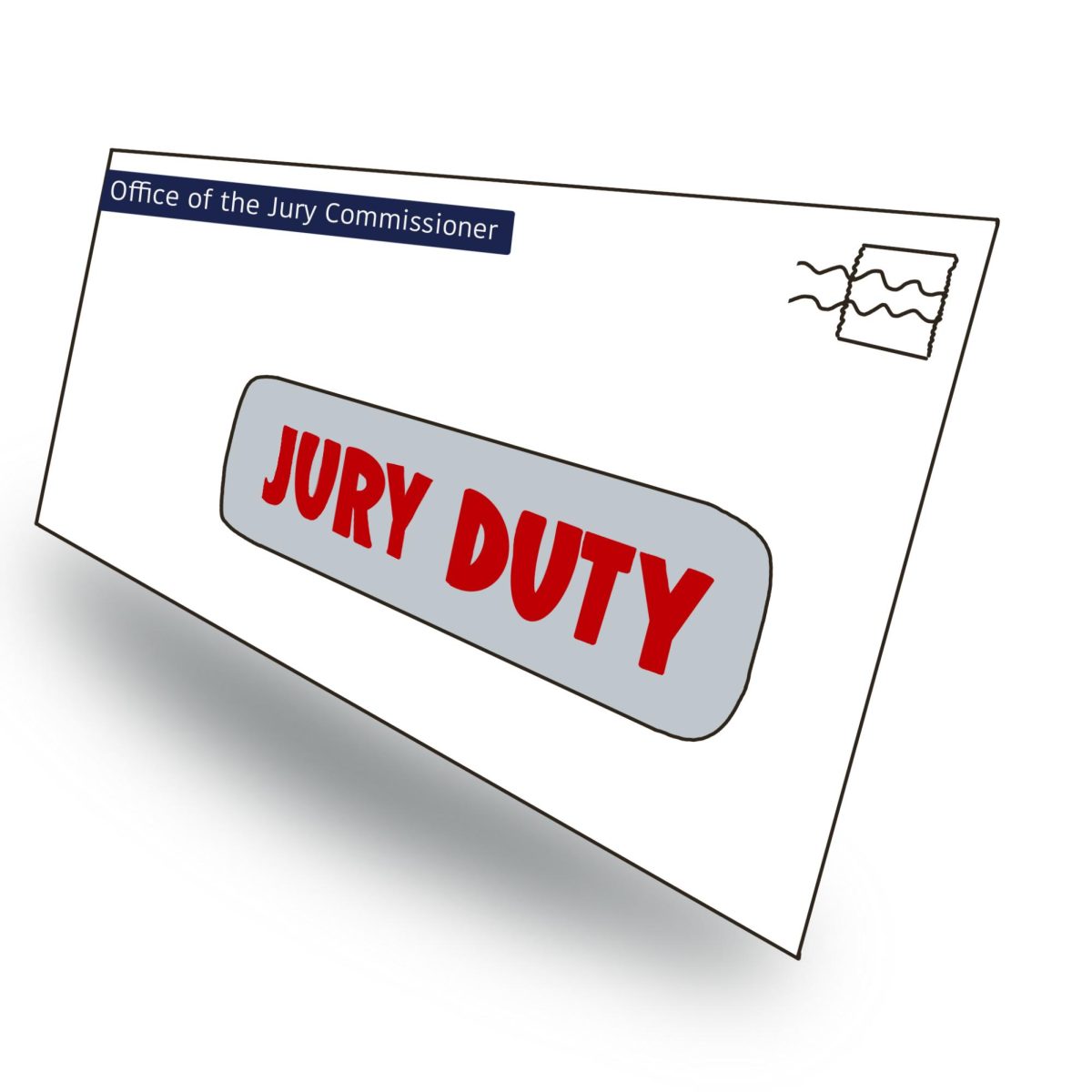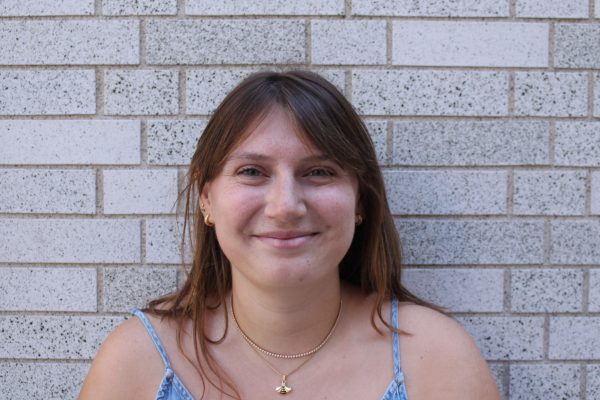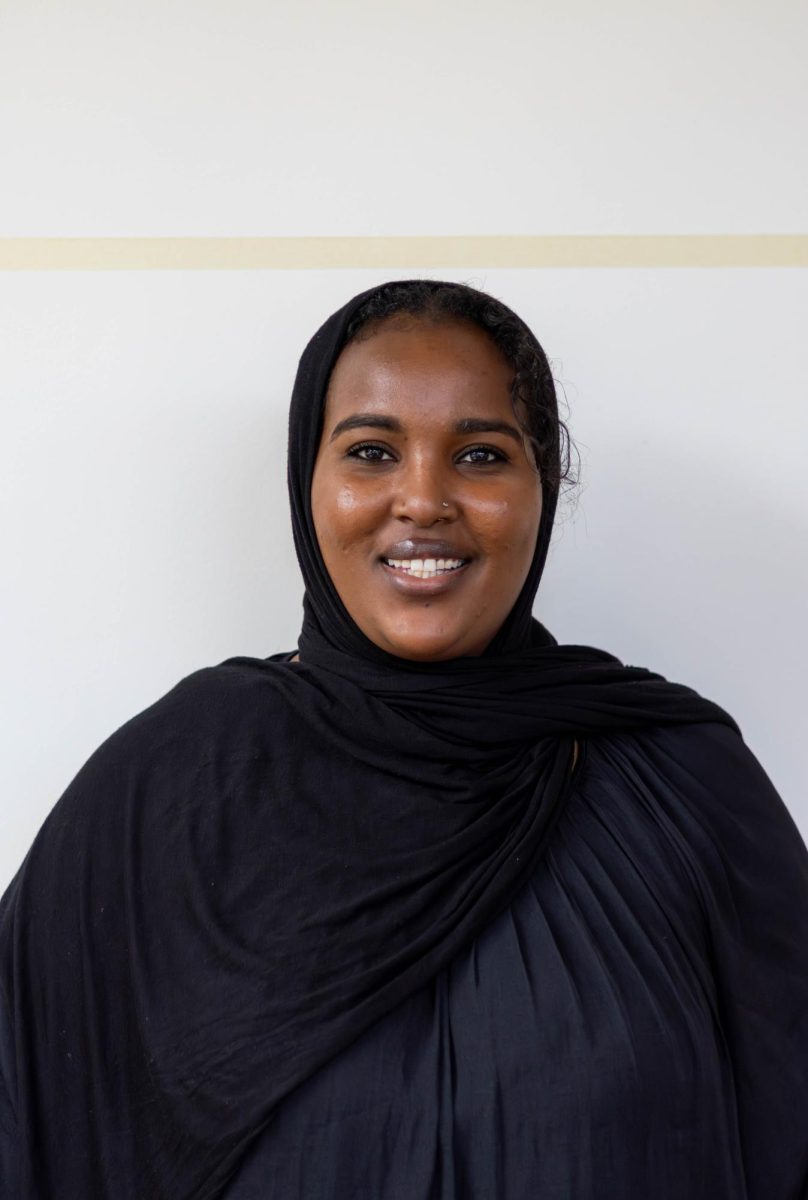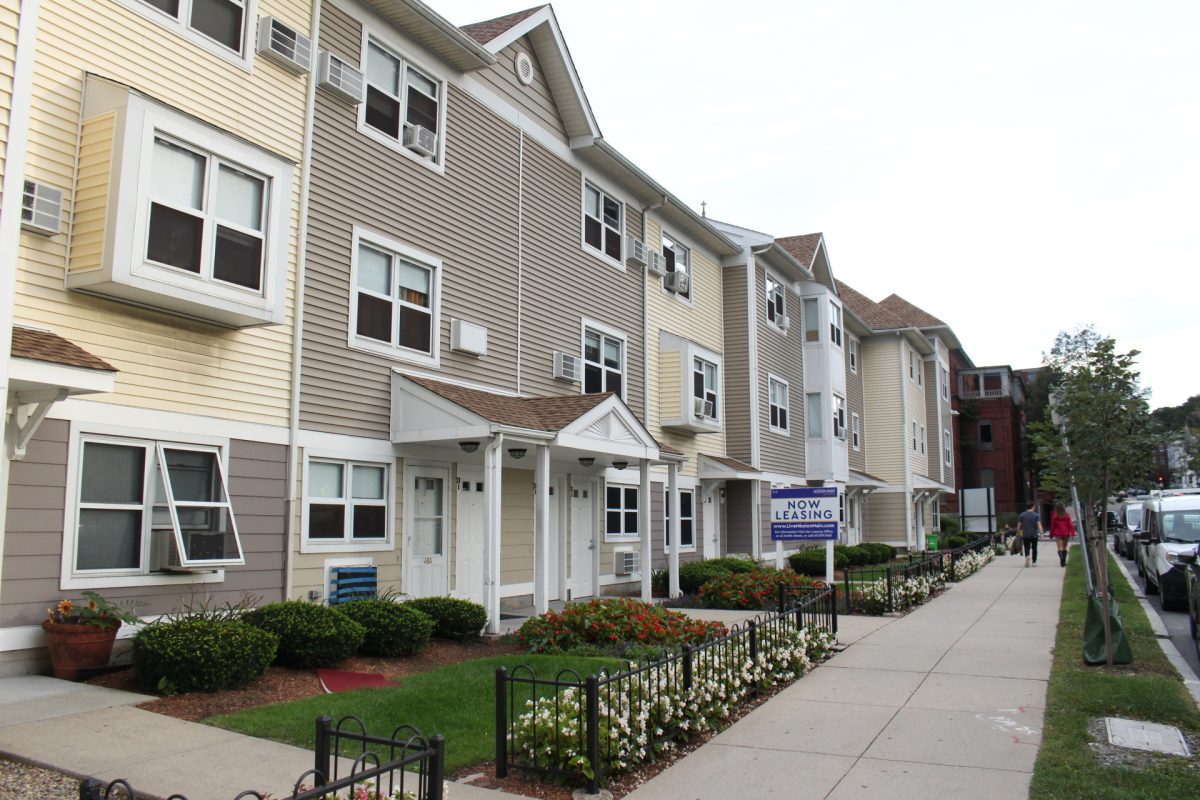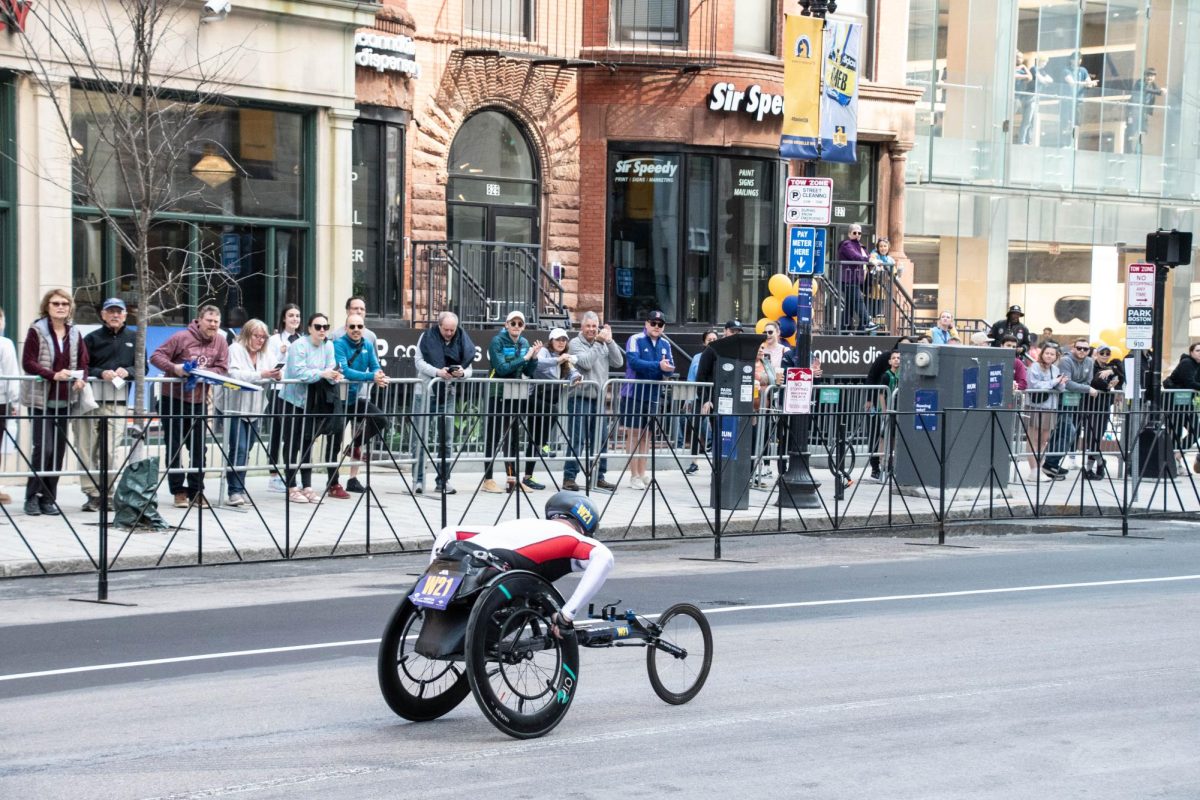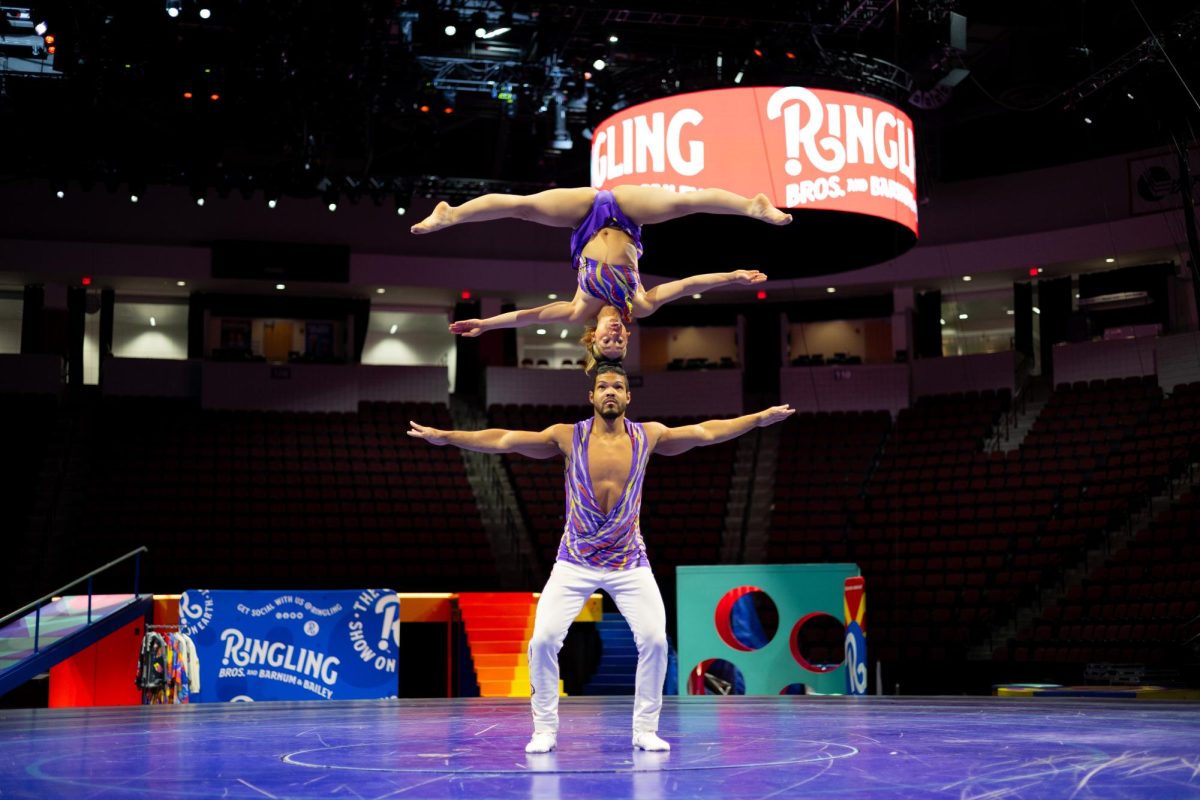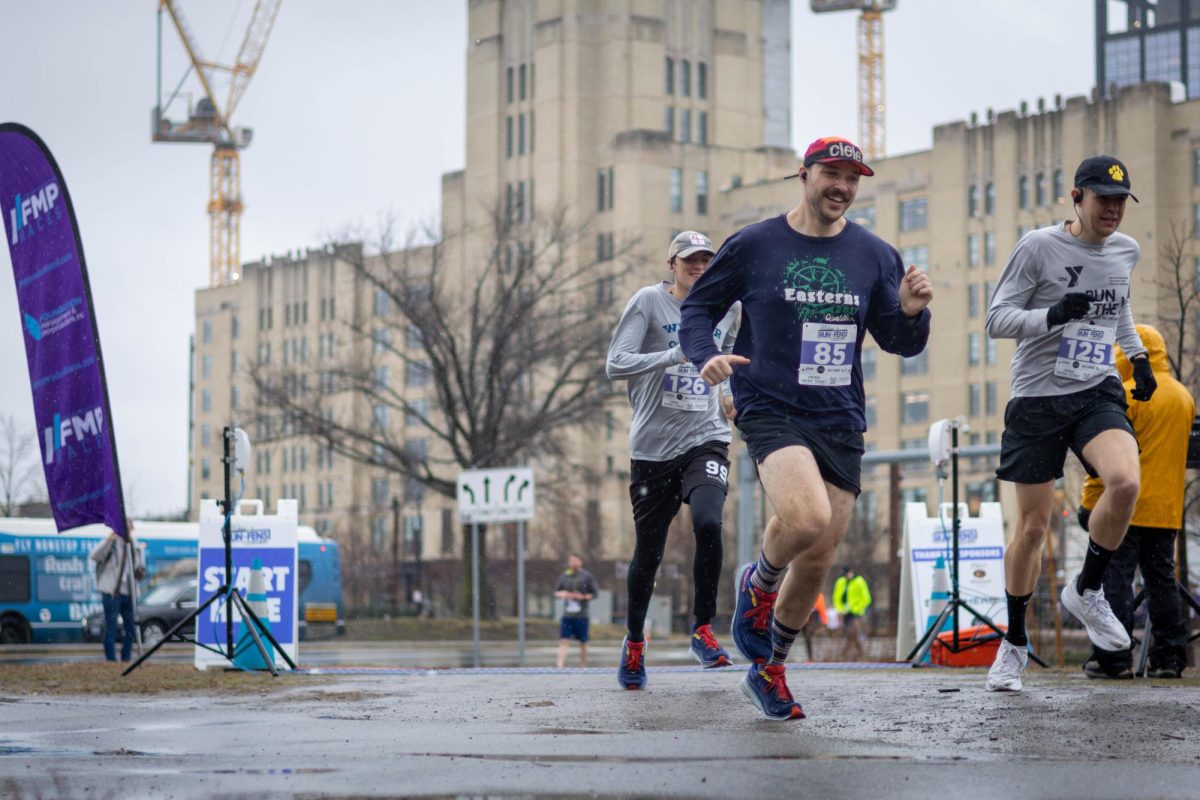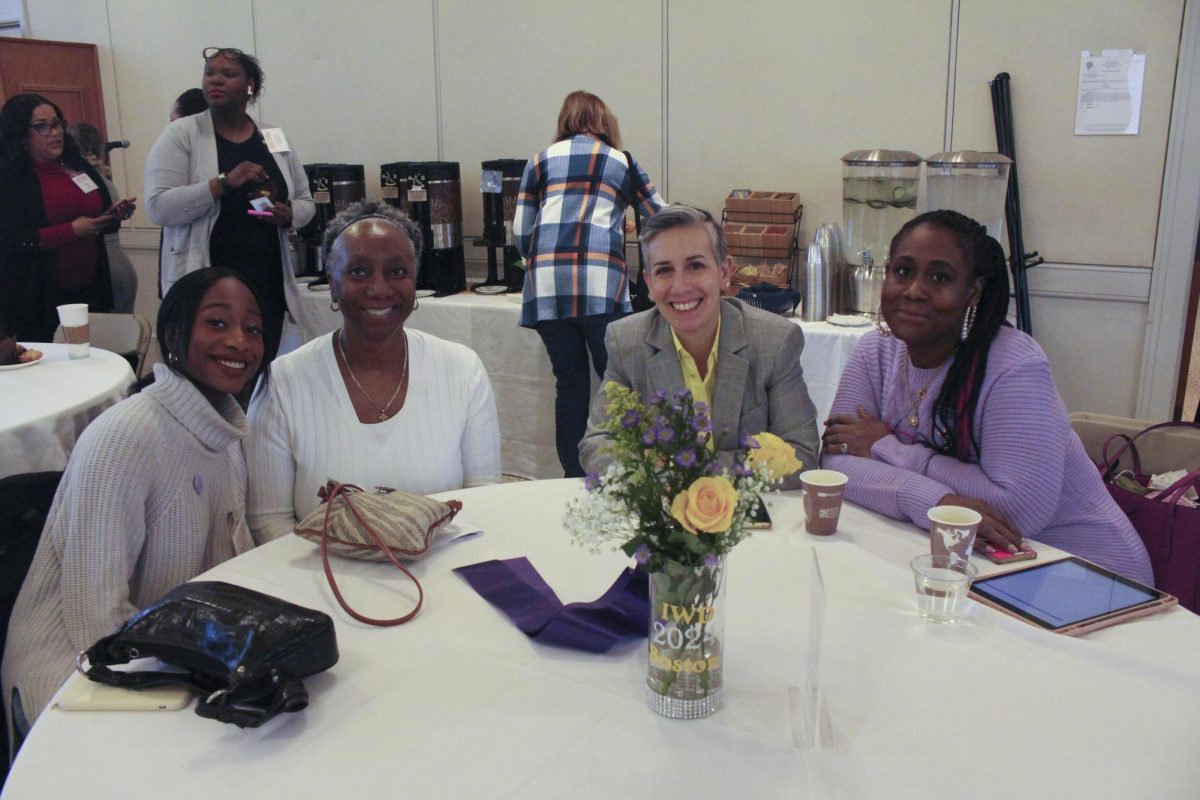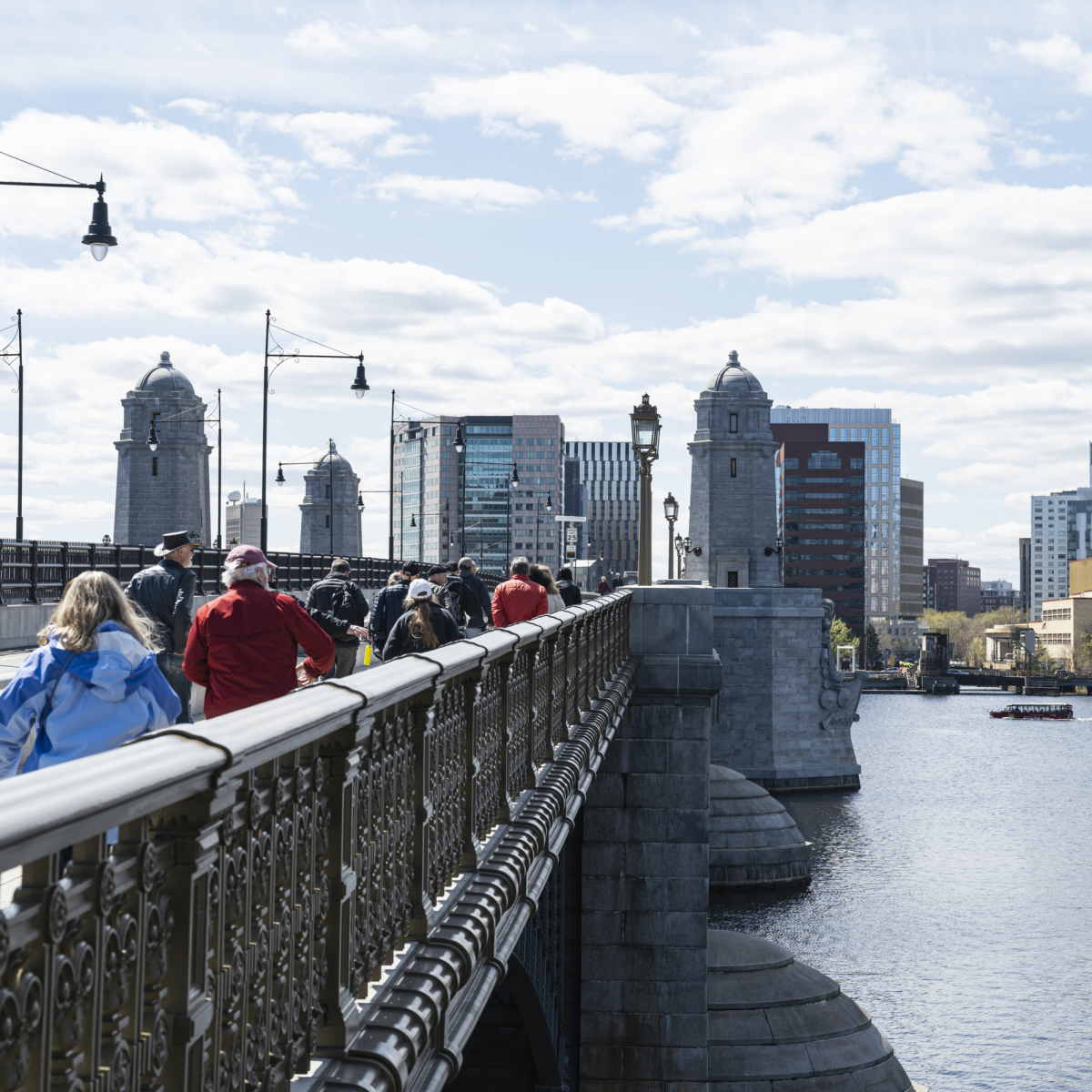In Massachusetts, there are only four requirements for a person to be eligible for jury duty: They must be a United States citizen, legal adult, “resident of or live in Massachusetts for more than 50% of the year” and be able to “speak and understand English well enough to be able to participate in a trial.” Especially in Boston, where the college population is so high, these broad parameters leave many college students qualified for jury duty, and that eligibility can have implications on the jury duty process. A juror can be called to serve on a trial that can span as long as several weeks or as short as one day, making jury duty particularly challenging for full-time college students.
Sarah Popeck, a second-year data science and economics major at Northeastern University, received her summons the week of Jan. 7 and is summoned for April 17. With trials being held on weekdays, her summons directly interferes with her classes and final exams— a hurdle for many college students.
“I intend on pushing it back,” Popeck said. “…It would basically be an absolute hindrance to my education if I were to serve my civic duty and go on a jury, so I pushed it to sometime in December when I know I’ll be here because I don’t have full-time residence here.”
Cameran Ko, a fourth-year business administration and economics major at Northeastern University, was summoned for a trial in May 2023, a time when she would no longer be in the Boston area. In her home state of New Jersey she was able to delay her jury duty without a future date specified because she is a full-time student, however, in Massachusetts, she was required to reschedule her jury date. Ko appeared for jury selection this September and was released after eight hours.
“I personally don’t think it’s fair that out-of-state students can be required to serve,” Ko said. “Especially because I was able to get out of jury duty in New Jersey, I kind of expected the same thing from Massachusetts. I had to miss a lot of my classes that day and obviously professors are very understanding, but it was a very frustrating and annoying process because I’m not from here.”
However, despite the inconvenience jury duty can cause full-time college students, many law professionals actually view their participation in the jury as a major benefit. Patrick Garrity, an associate criminal defense attorney at Brad Bailey Law, a Massachusetts-based firm, explained the ways in which college-aged participation diversifies the jury.
“I used to work for another attorney in the past and I helped out with three murder trials,” Garrity said. “And with Boston being such a college town, that gives a lot of diversity in terms of the students who are being summoned because people are coming here from all walks of life and all parts of the world.”
Additionally, in the summertime, when many out-of-state students leave the city and return home, the jury duty selection process can sometimes be hindered.
“Students are here in giant swaths,” Garrity said. “They come during the school year and when they leave and we have a summer trial, the pool for diversity may be lower because students just aren’t around.”
Matthew Peterson, owner of Matthew Peterson Law, also emphasizes the importance of college-aged participants in the jury duty process.
“I think that this system itself is very educational and participating in jury duty will be very educational to students,” Peterson said. “You can learn a lot in the courtroom. You’re getting an education on the way your government functions. Not to mention we’re losing out on your perspective if all the smart conscientious people didn’t participate in the jury system then they’re not able to be making decisions.”
However, Peterson acknowledges the strain jury duty can put on a college student’s education and the challenges missing multiple classes can present.
“Any time I’ve seen a potential juror who’s in college there’s always this question of ‘Well can they afford to miss another class?’ and a lot of times they end up being excused because they can’t really afford to miss class,” Peterson said.
Missing one or more days of school can cause immense disruption to the lives of students, like Popeck and Ko, who participate in jury duty. Peterson ultimately implores college-aged students to consider the value of participating in jury duty.
“The jury system is really the purest form of direct democracy; it’s a place where you can participate in the government directly and that’s unique,” Peterson said. “It’s one of the only places where an individual person can actually check the government’s power directly.”
Editor’s note: Cameran Ko previously served as Advertising Manager of The News and Sarah Popeck currently serves as a staff writer.







